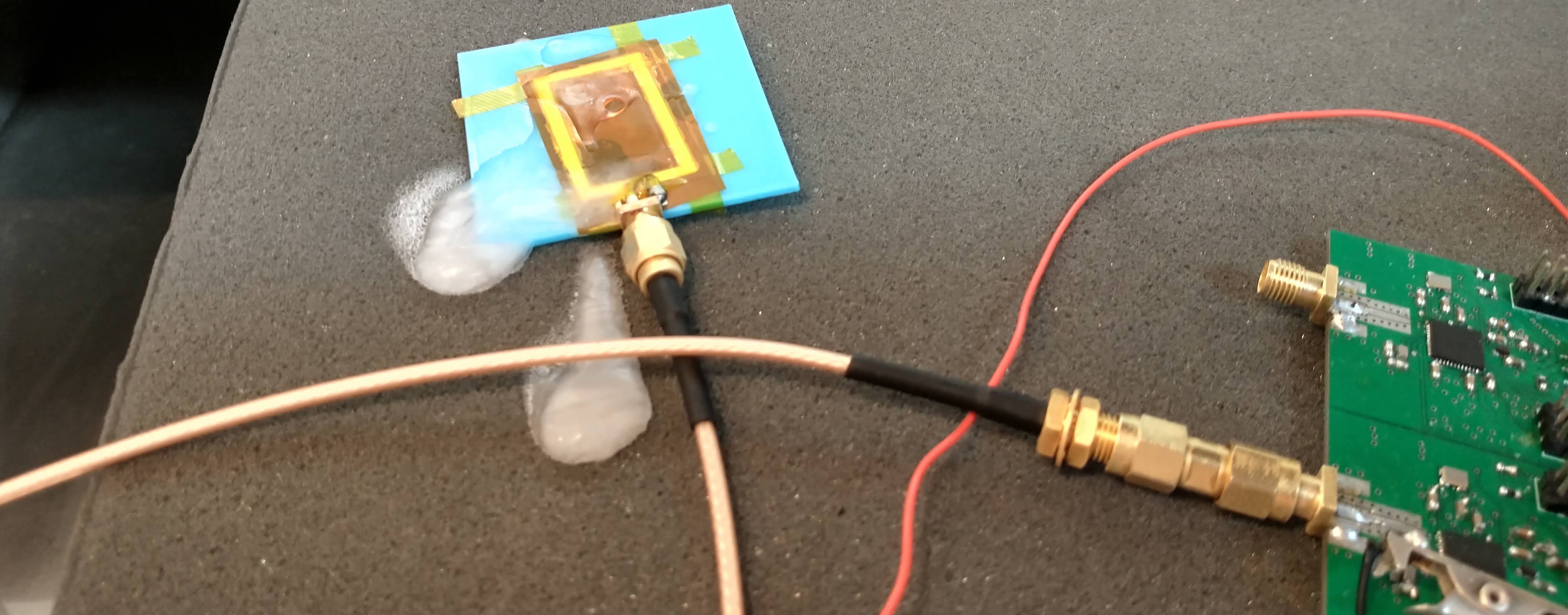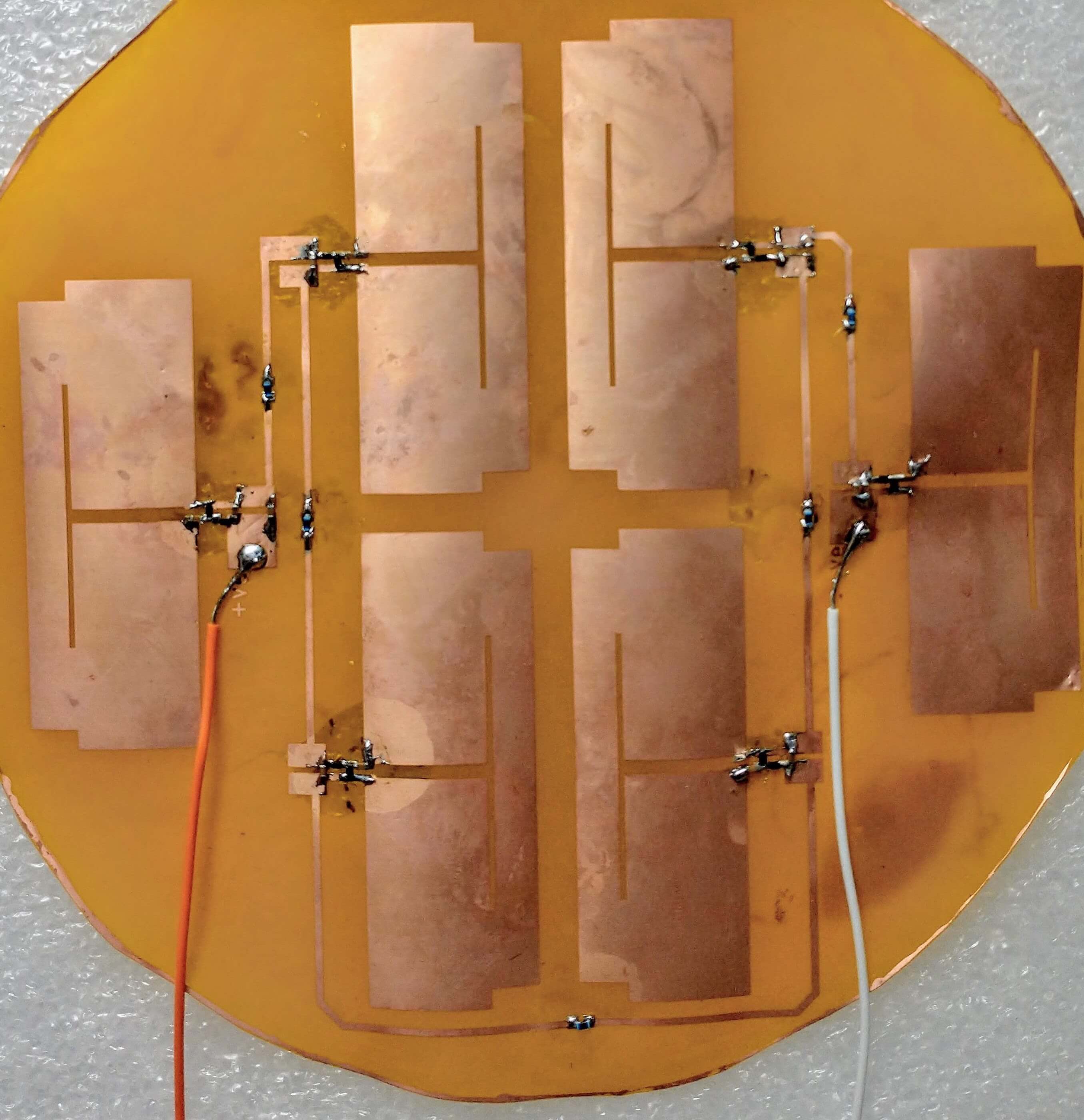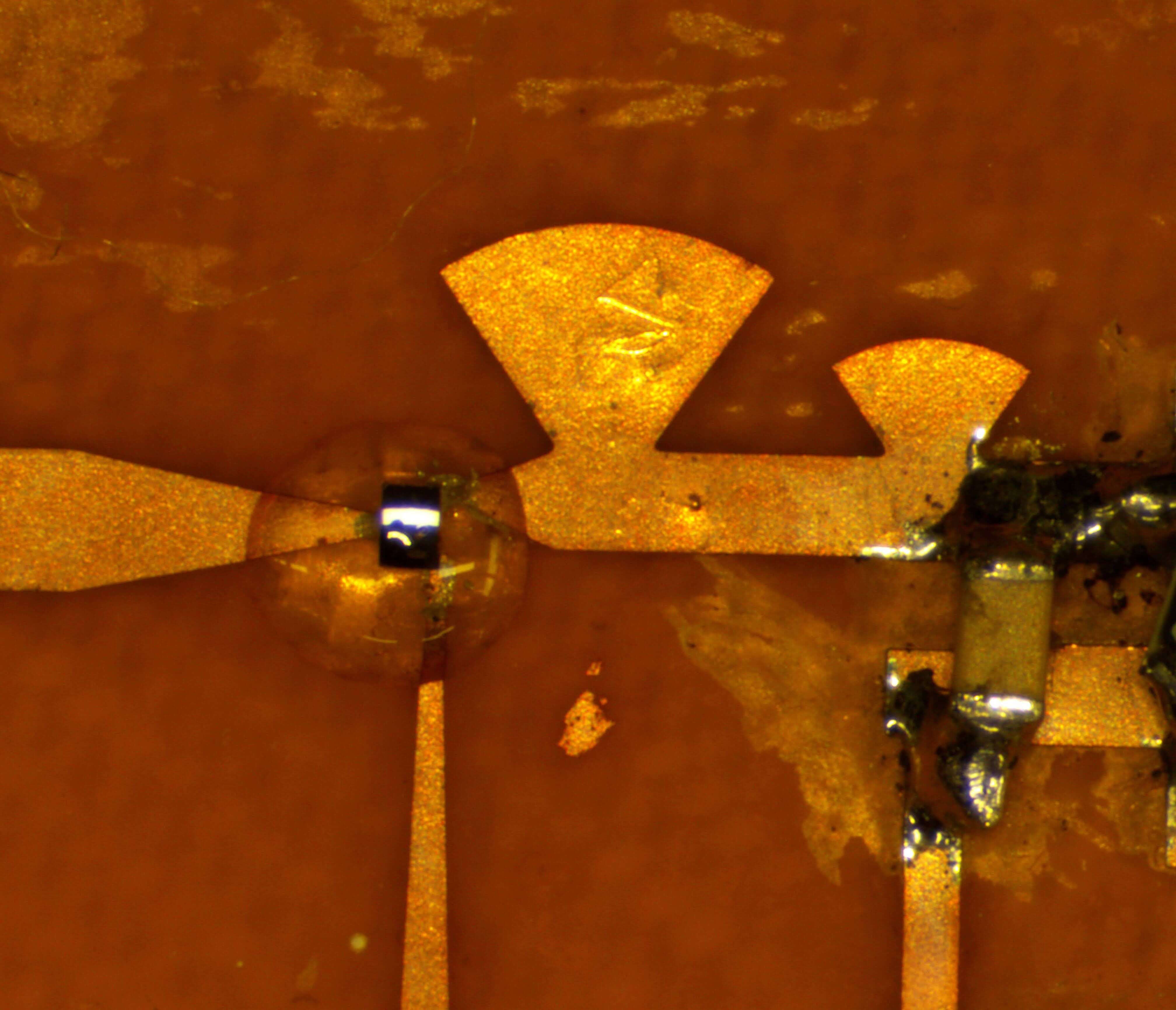Wireless Power and MHz-Microwave Power Delivery
The full spectrum of wireless power systems from MHz to mmWave; application-driven and across-TRL scale.
• High-TRL RF power delivery and RF-powered sensing, now commercialised via RX WaTT Ltd.
• Fully integrated CMOS wireless-powered systems including rectifiers and backscattering modulators.
• Near-field waveguides for power delivery.
• Implantable and through-body wireless power delivery and their therapeutic applications.
We are active in horizon mapping and community leadership activities, including co-authoring 4 Invited Roadmaps/Features and leading a UK-specific focus (IEEE Microw. Mag'25).





